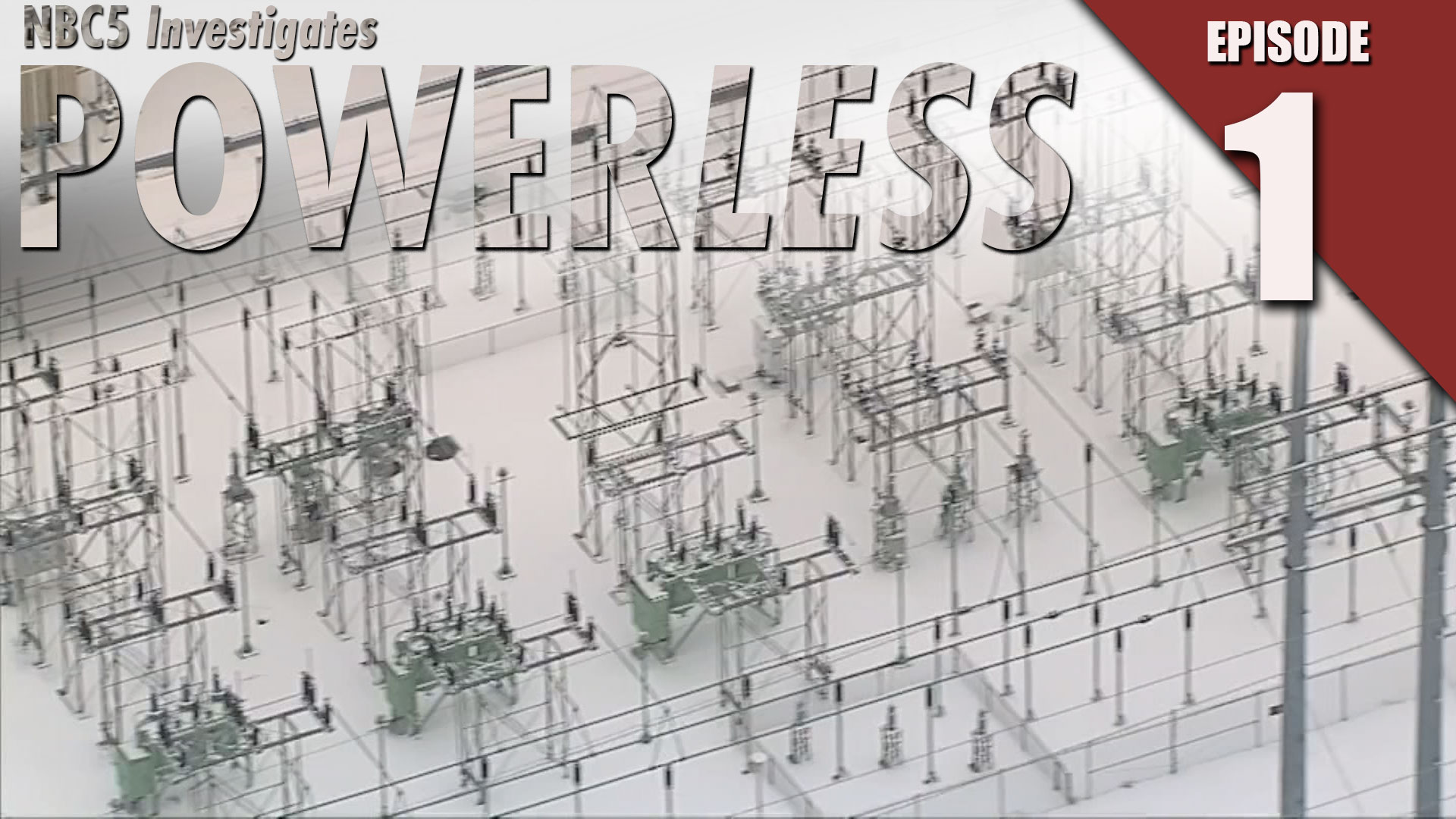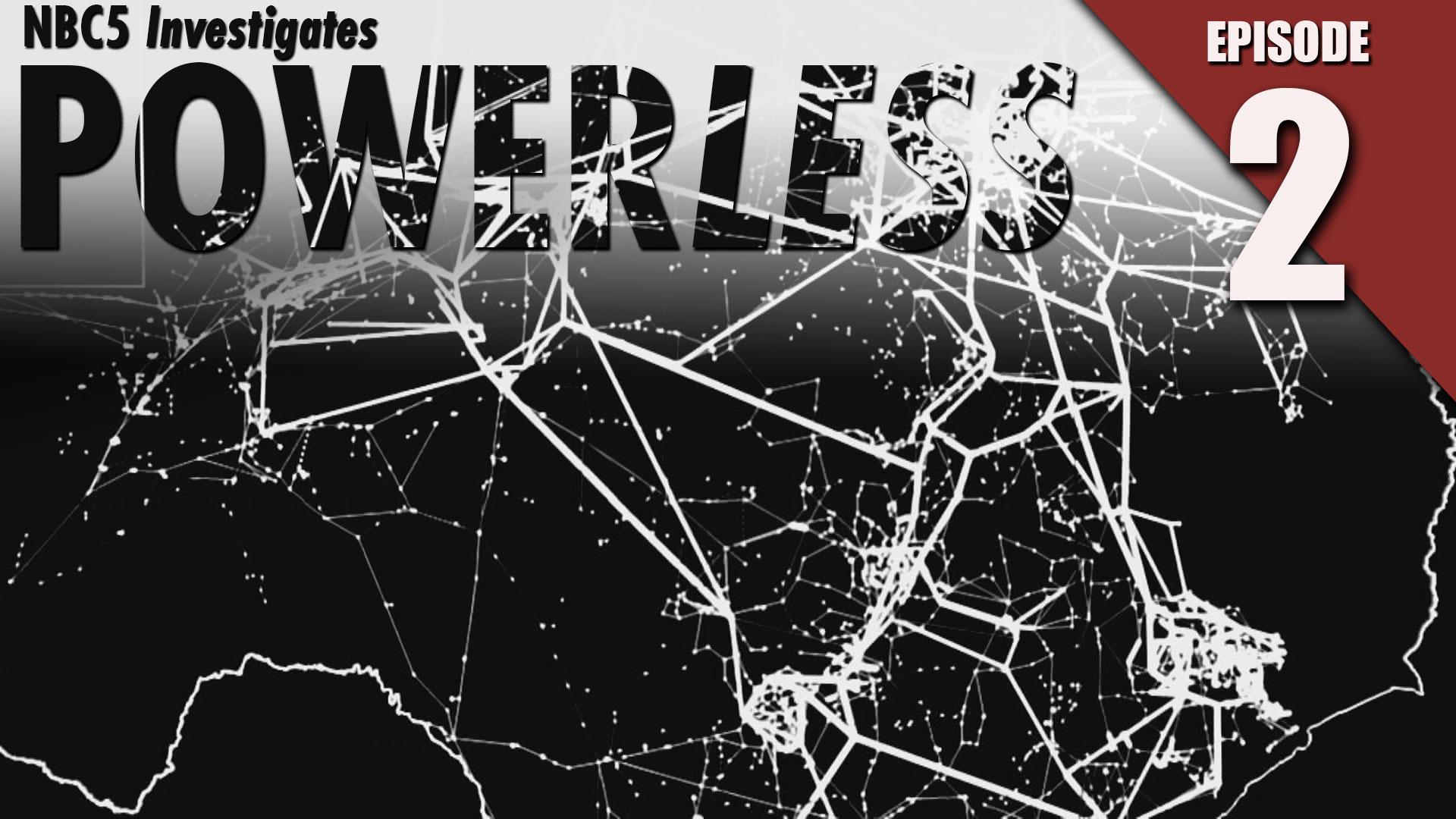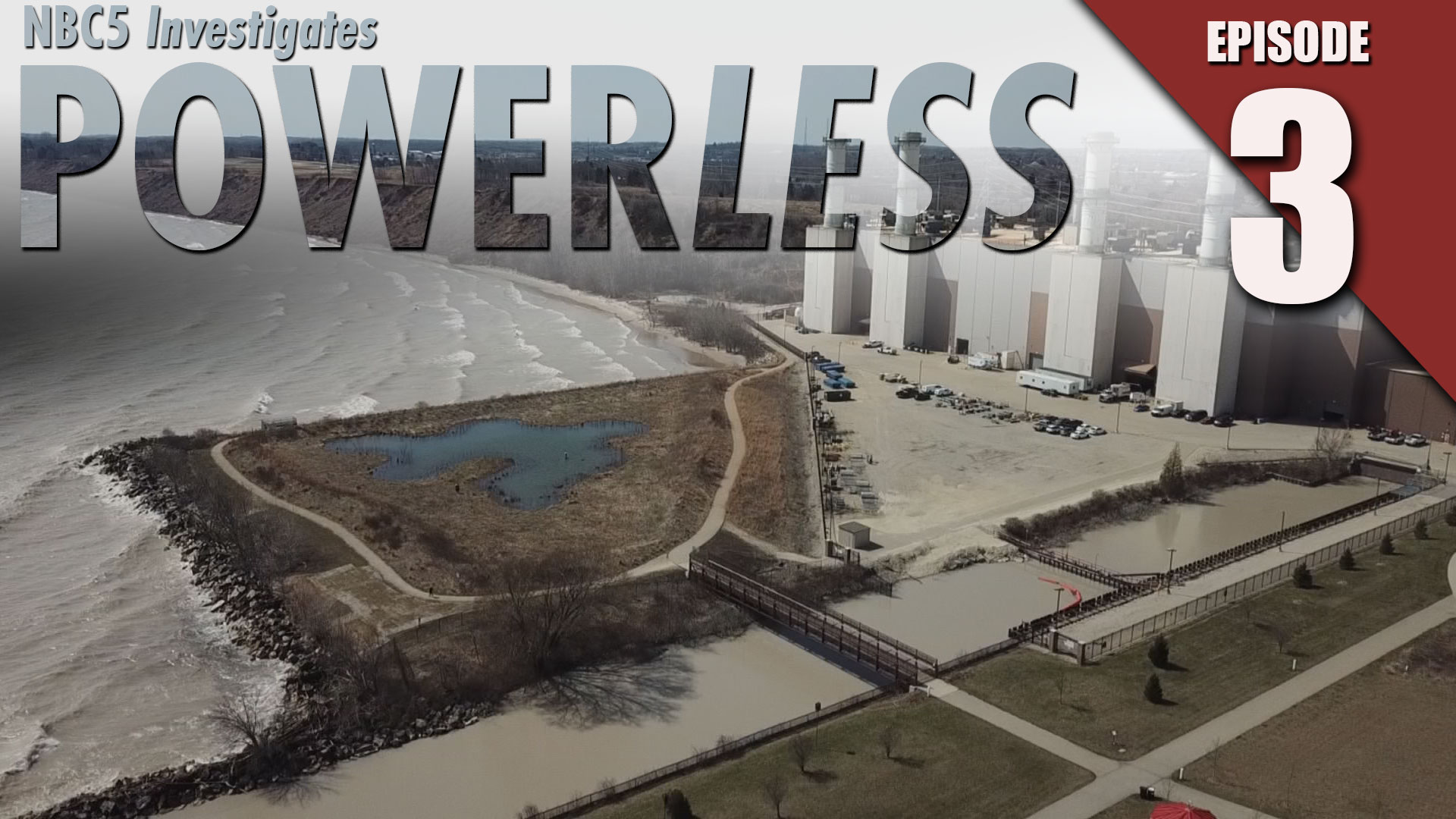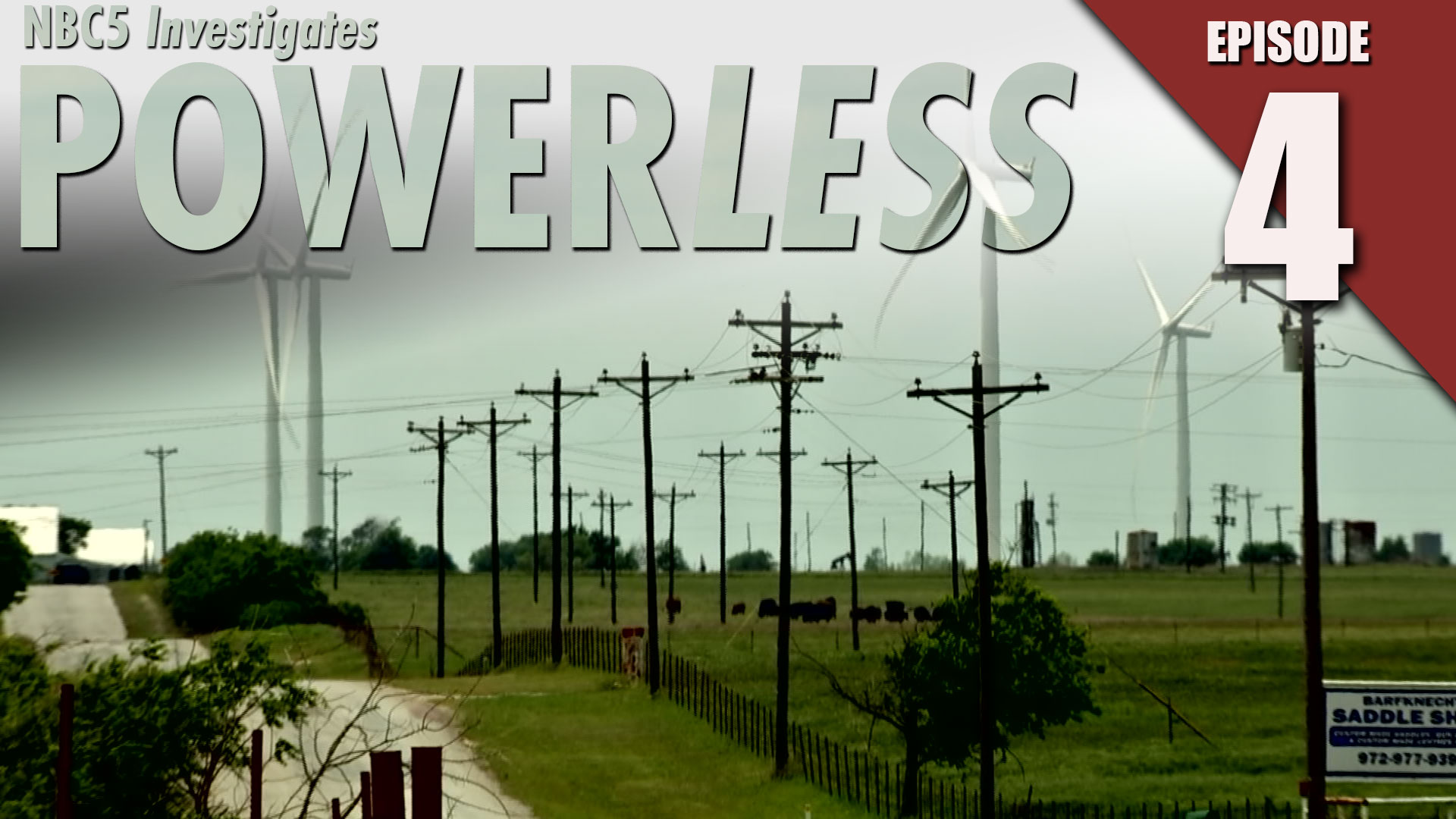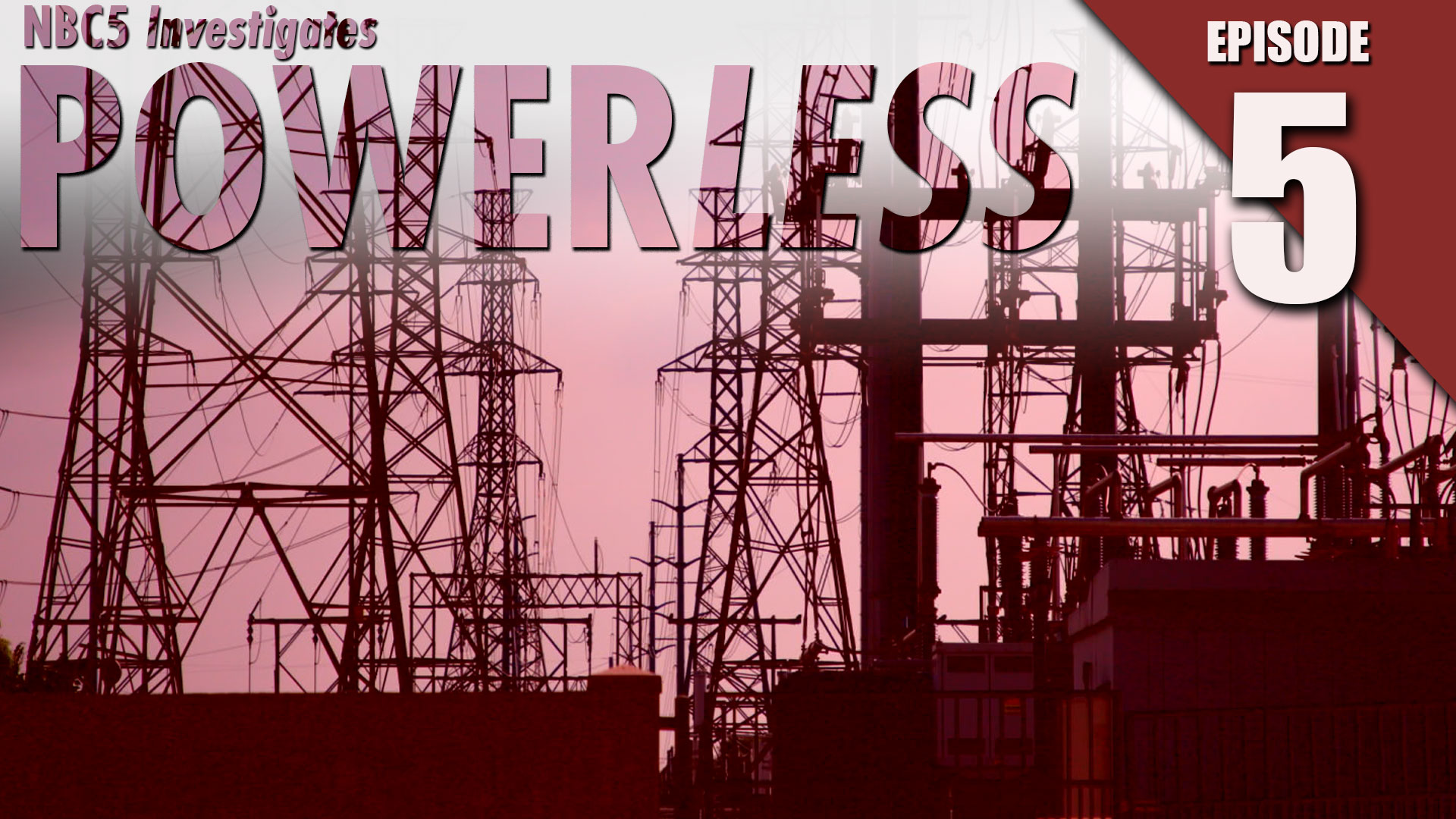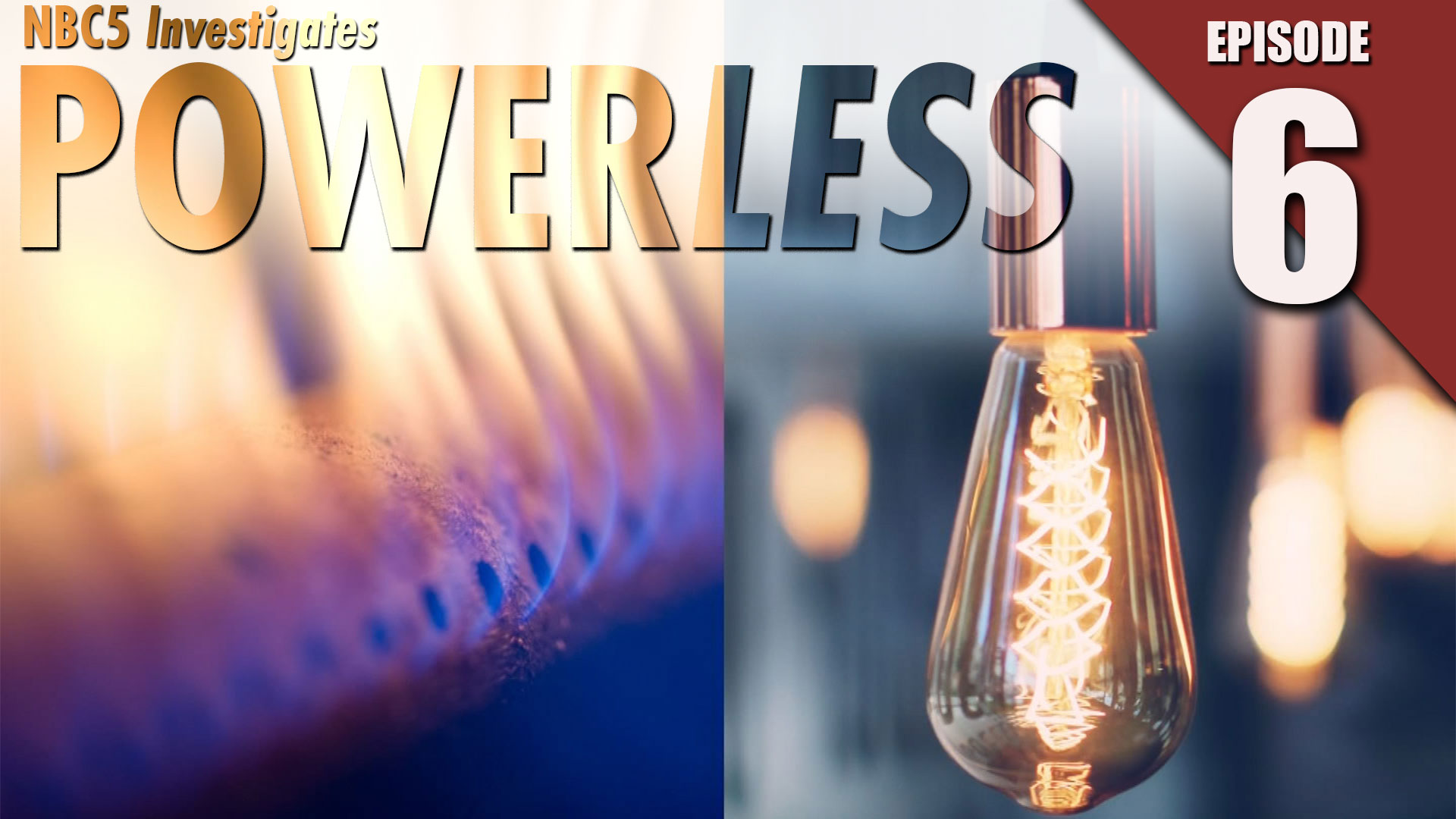The Federal Energy Regulatory Commission released preliminary findings on Thursday from its investigation into the power outages that put millions of Texans in the dark last February. That investigation revealed the problems that crippled the state were mostly the same problems that triggered big outages a decade before.
Since February, NBC 5 Investigates has produced a series of reports uncovering the causes leading to the state’s near blackout. During an unprecedented winter storm, and without power and heat, more than 200 people died in frozen homes across Texas.
Federal officials who investigated the Texas outages highlighted new mandatory rules with 28 preliminary recommendations that will be rolled out over the next few years. Those preliminary recommendations include requiring power plants and natural gas systems that feed power plants to be better protected from cold weather.
“People literally froze to death and so, we need to go back and take a look at what happened. And this was the worst part about this. At one point it frustrates me the most is that it was avoidable,” said Robert Glick, FERC Commissioner.
Get DFW local news, weather forecasts and entertainment stories to your inbox. Sign up for NBC DFW newsletters.
“Avoidable,” according to Glick, because more than a decade ago after another Texas storm, FERC and The North American Electric Reliability Corporation recommended mandatory weatherization of power plants. But Texas and other states opted for guidelines instead of enforceable rules.
“A lot of the angst and anguish and maybe death could have been avoided had the state followed the recommendations of 2011. But the governor, the legislators, the public utility commission did not pursue those recommendations, make them requirements,” said University of Houston Energy Economist Ed Hirs.
During Thursday’s meeting, Glick vowed that the commission won’t let that happen again.
“We need to make sure we don't do the same thing ... make the same mistake that we made before,” said Glick.
Investigators from FERC and NERC found all forms of power suffered freezing equipment during the storm including wind, solar, and coal.
But they found, after freezing equipment, the second largest cause of outages came from problems with the fuel supply to natural gas power plants.
It's an issue NBC 5 Investigates highlighted Wednesday night, in a new episode of an ongoing series -- Powerless.
NBC 5 Investigates showed how the natural gas industry has downplayed its role in the outages, saying that gas supply issues were caused mostly by a lack of electricity at gas wells and processing plants.
But Thursday, FERC investigators said half of the gas supply declines in west Texas and Oklahoma happened before the power outages on Feb. 15.
“The natural gas supply system was faltering long before the lights went out. There are problems with lack of winterization all the way from our natural gas production wells to the gathering lines to the processing plants,” said Daniel Cohan, associate professor in the Department of Civil and Environmental Engineering at Rice University.
The Texas legislature recently passed new laws requiring gas and electric companies to do more to winterize, but details of those rules have yet to be worked out in the state commissions that regulate those companies.
“The devil is in the details. Will they really be tough and require strong weatherization standards or will they cave to some of the utility companies that are asking to be exempted or asking to do a little bit less and cut corners,” said Cohan.
The feds are also recommending that Texas consider building more power grid connections to other states so the state could import more power in a crisis.
Although some grid experts point out surrounding states did not have much power to give in February -- since they were also suffering through the same cold snap.
NBC 5 Investigates reached out to ERCOT which runs the Texas power grid and the Railroad Commission which regulates the gas system.
In an email, a spokesperson from ERCOT responded that "Changes are obviously needed to protect Texans from future winter weather events like Uri, and ERCOT is working closely with the PUC to aggressively implement the Legislature's mandates. We fully expect the report's findings to complement the positive impact of the PUC's market redesign work sessions and our 60-point Roadmap To Improving Grid Reliability.”
The Railroad Commission said their staff is reviewing the preliminary report.
"The lessons of Winter Storm Uri have been driving the Public Utility Commission and ERCOT in their shared, aggressive pursuit of market and infrastructure solutions intended to prevent a recurrence. We welcome the combined expert insights of the FERC / NERC report as essential information as we pursue our shared agenda of grid transformation,” said Public Utility Commission Chairman Peter Lake.
The Texas Oil and Gas Association, the state’s largest lobbying group, has told NBC 5 it supports more winterization of wells and processing plants.
But it wants to make sure that the gas wells required to winterize are directly connected to supplying gas to power plants.
In reaction to Thursday's report, the TXOGA responded quoting an April report commissioned by the group which downplays the fed’s findings that natural gas was the second leading cause of February’s crisis.
In an email response, Todd Staples told NBC 5 Investigates, "The FERC report findings mostly echo information already covered and considered by Texas regulators and entities. As both the FERC report and the Enverus report confirm, the loss of electricity to natural gas facilities was a predominant factor in hindering natural gas production. Both the Enverus report and ERCOT data confirm that the decline in natural gas supply became significant only after power losses occurred, and even with this decline, it is well-documented that ample natural gas was available in storage. ERCOT’s data confirmed fuel limitations were only 12% of the causation of lack of electricity from electric generators powered with natural gas. As with any incident, the industry is assessing potential operational improvements and are deploying measures to ensure expectations for future storms are met,”
NBC 5 Investigates looks into the gas industry's role in the power disaster in a new streaming documentary. To watch on your TV, go to the NBC 5 apps on Roku, Apple TV and Peacock or watch online below.

